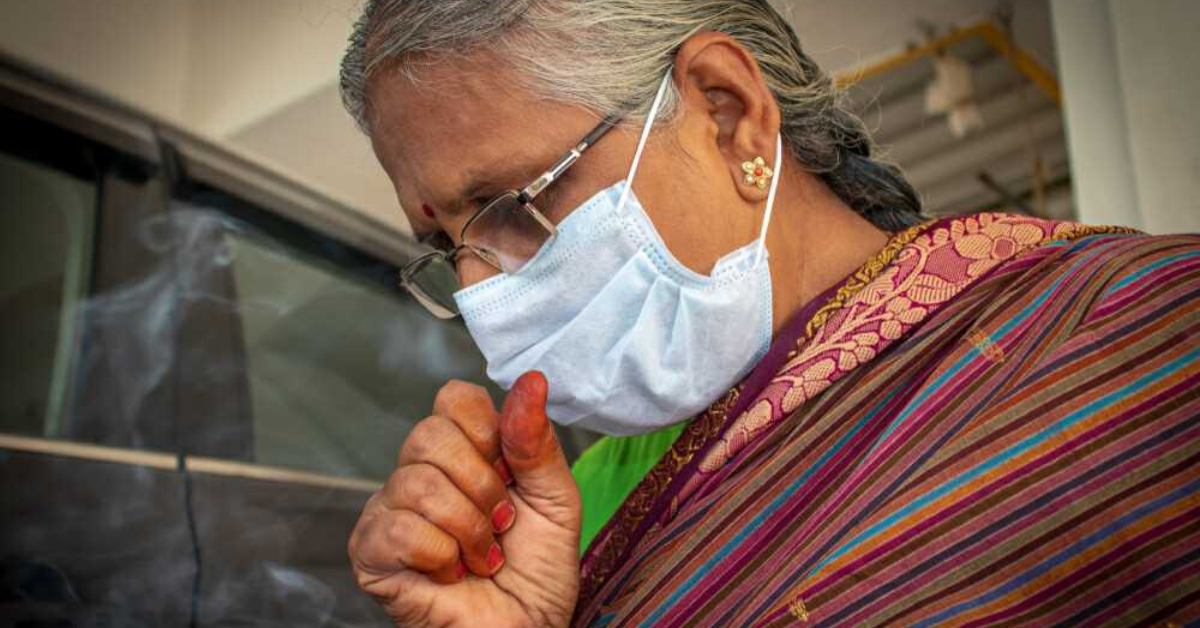Unavailability of beds in hospitals for COVID-19 patients has been one of the most discussed and debated topics off late. Many news articles have spoken about hospitals denying admissions to patients for treatment of COVID-19, sometimes leading to fatal consequences.
Aggrieved citizens have also filed PIL’s in various High Courts, seeking the court’s intervention.
In an attempt to curb this practice, State governments are now setting up 24×7 helpline numbers where you can lodge a complaint in case a hospital denies admission.
Karnataka: You can call the 24×7 helpline number — 1912. “Whoever calls the number will get immediate relief,” said Medical Education Minister K Sudhakar. During a press conference also reiterated that 50 per cent beds in private hospitals have also been reserved for COVID-19 patients. Along with which there is also a cap on the charges that private hospitals can levy on patients.
Delhi: Call 1031 if a hospital denies a bed to a COVID-19 patient if beds are available. Patients looking specifically to get treated at AIIMS can call 9115444155 for OPD appointment schedules and for teleconsultations.
Mumbai: Call 1916 to check about the availability of hospital beds in Mumbai. In a first, the Mumbai police have also set up a 24×7 helpline — 9137777100 — for police personnel after the death of a constable due to COVID-19.
When contacted, the call attendee informed The Better India that the police helpline was a dedicated channel to provide verified information to all policemen and their families. The department receives around 50 calls daily.
Tamil Nadu: Call 044-29510500 if you are looking for information about COVID-19 and the availability of beds in hospitals.
Pan India: Call toll-free helpline 1075 to get answers for Covid-19 related queries. According to this report, the 1075 helpline is a 24×7 functional call centre and has received 27,54,808 calls as on 31 May 2020.
Dr Anisha Ashok, Surgical Gastroenterologist, Director & Chairman, Laser and Laparoscopic Hospital, Chennai says, “As doctors, we are morally bound by ethics. It is very important that every patient who comes to us should receive the treatment he or she deserves. Patients should not and cannot be denied treatment based on COVID reports.”
What happens if a patient is denied admission?

Advocate Hemant Gulati of the Delhi High Court has been actively petitioning to ensure that no hospital denies a patient treatment or admission. He has also taken on many cases in the National Capital on a pro-bono basis to help those in need.
He shares some points on the topic with us:
Things to know
- The Constitution of India guarantees every citizen of the country the right to medical care; this extends to both COVID and non-COVID patients.
- If a hospital refuses to admit a patient or turns them away, you have the legal right to file a writ petition in a court of law.
- You also have the option of registering your complaint with the Ministry of Health.
- In case a private hospital denies treatment to a non-COVID-19 patient, the hospital may lose its medical registration licence.
Please exercise your rights in case you find yourself in a situation like this.
(Edited by Saiqua Sultan)
Like this story? Or have something to share?
Write to us: contact@thebetterindia.com
Connect with us on Facebook and Twitter.
If you found our stories insightful, informative, or even just enjoyable, we invite you to consider making a voluntary payment to support the work we do at The Better India. Your contribution helps us continue producing quality content that educates, inspires, and drives positive change.
Choose one of the payment options below for your contribution-
By paying for the stories you value, you directly contribute to sustaining our efforts focused on making a difference in the world. Together, let's ensure that impactful stories continue to be told and shared, enriching lives and communities alike.
Thank you for your support. Here are some frequently asked questions you might find helpful to know why you are contributing?

